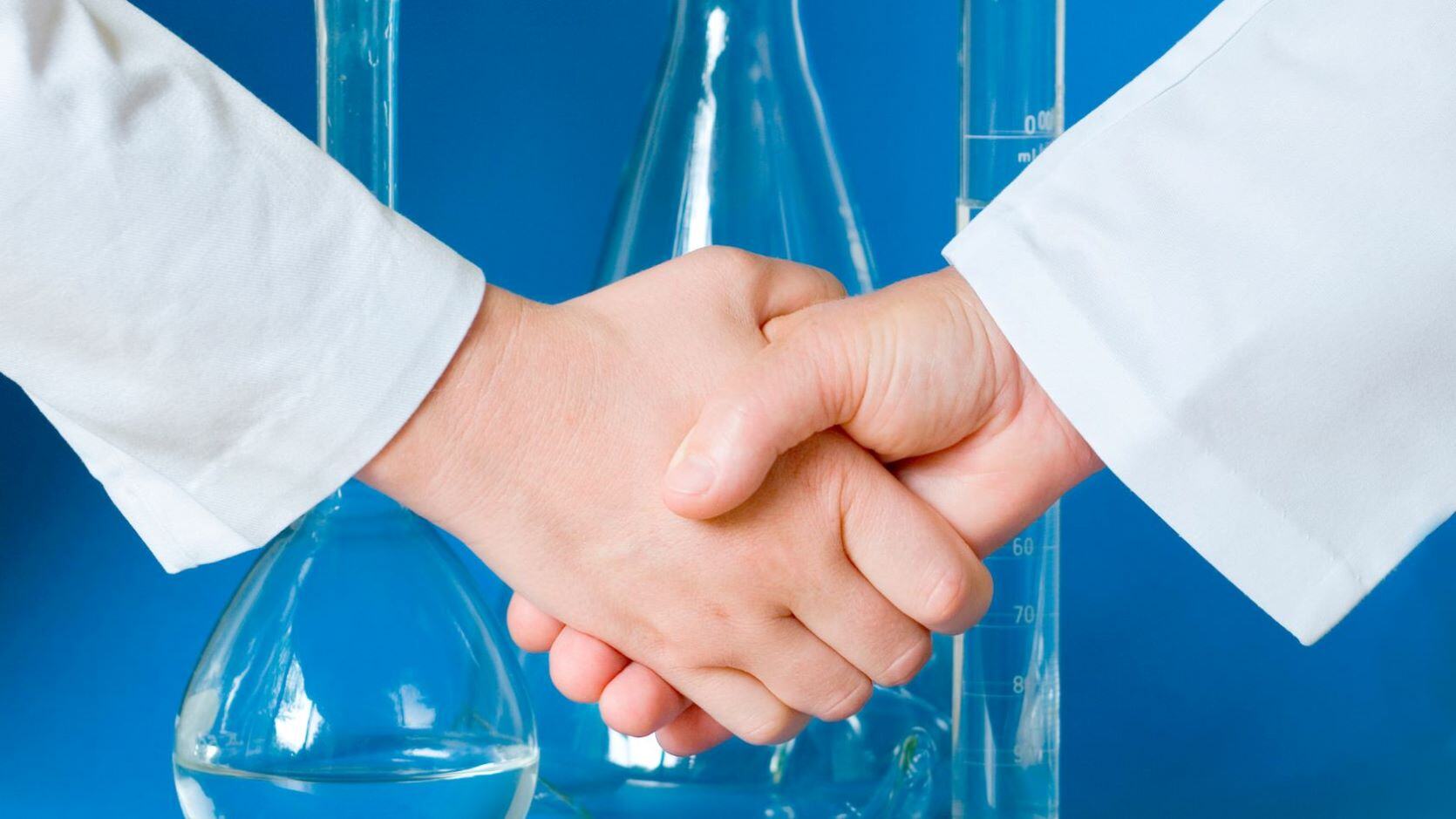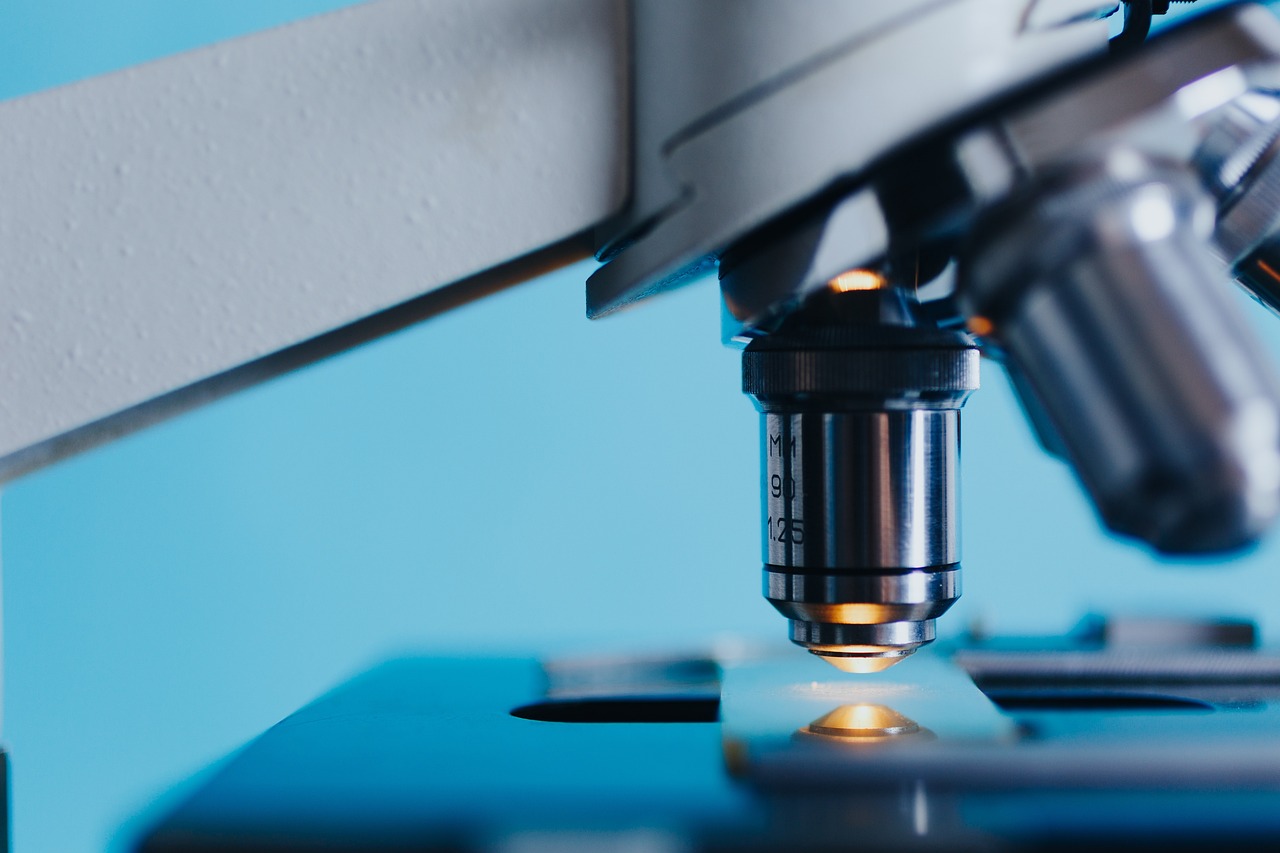Is Single-Use Bioprocessing the Way Forward?

Bioprocessing is the manipulation of naturally occurring living organisms and systems by bioengineers to achieve research and industrial goals. The global single-use bioprocessing market is expected to be valued at approximately $84.14 billion by 2032. The growing demand for personalised medicines, rising investment in R&D, and adoptions of decentralising clinical trials are fuelling single-use technology market growth.
Single use bioprocessing refers to vessels, conduits and active consumables that come into contact with process fluids once and are then discarded. Compared to traditional bioprocessing, single-use bioprocessing is advantageous due to the reduced contamination risk and quick turnaround times. Furthermore, they require less energy use than stainless steel systems since it is not necessary to clean or sterilise them between batches.
However, the single-use bioprocessing market encounters several challenges such as concerns about quality and consistency of single-use products. Moreover, the lack of standardisation practices and supply chain security presents further obstacles to the adoption of single-use systems.
Yet, pharmaceutical and biotechnology companies have focused on implementing and standardising these technologies to remain competitive. For instance, Novo Nordisk has taken an important step towards adopting single-use technology.
According to a recent press release Novo Holdings, an investment company responsible for managing Novo Nordisk's assets and wealth, will acquire a controlling 60% stake in bioprocess fluid management firm Single Use Support. The Austrian firm provides an extensive range of fluid management solutions in the biomanufacturing space based on single-use technologies.
Related:
- Improving Control Strategies for Bioprocessing & Cell Culture
- Novel Technologies Advancing Downstream Bioprocessing
- Implementing Process Analytical Technology into Cell and Gene Therapy Manufacturing
Johan Hueffer, Senior Partner, Principal Investments, Novo Holdings said: "This transaction marks an important and complimentary addition to our fast-growing life science tools & diagnostics portfolio and represents our first control investment in the DACH (Germany, Austria & Switzerland) region, a vital hub for life sciences."
This partnership will expand Novo Nordisk's manufacturing portfolio and enhance its position as a leading pharmaceutical manufacturing company. It is expected that this movement towards single-use technology will speed up the cell and gene therapy (CGT) manufacturing process. Furthermore, the recent rise in demand for antibody-drug conjugates illustrates the need for specialised manufacturing processes and facilities.
Collaborations like these enable more effective development of next-generation innovations and valuable bioprocessing technologies to meet industry goals. Moreover, partnerships also can minimise uncertainty and "de-risk" the technology development. Members of the life sciences industry seeking to stay on top of the evolving needs of the CGT market are investing in single-use technologies.







